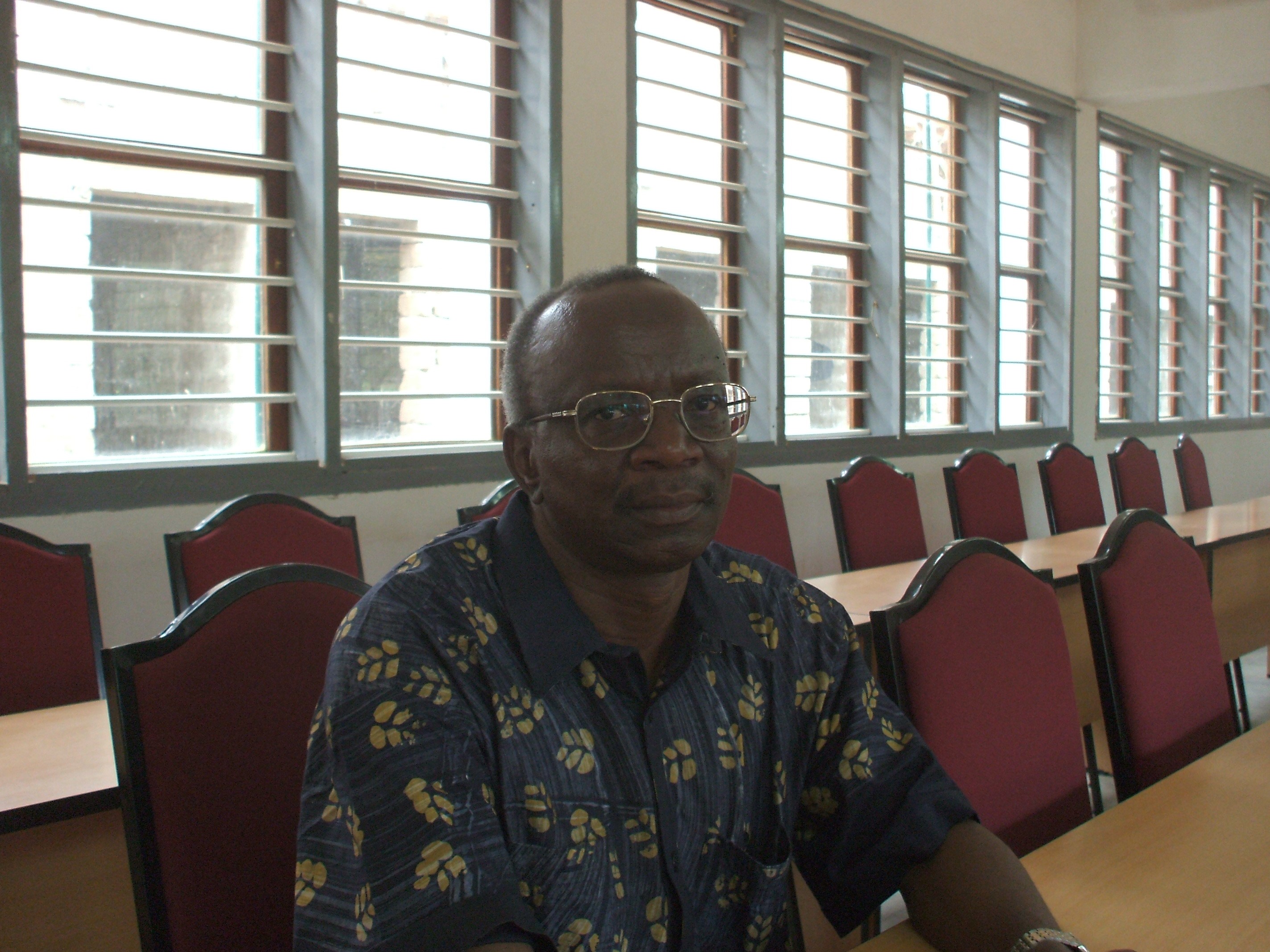Wahab Issae has been extremely helpful and insightful regarding the problem of hunger amongst school children and how we can help combat this. From the beginning he has been very enthusiastic about the Breakfast Club, and has been involved in much of our research. In the past he has worked with researchers from Oxford and Harvard Universities and is highly qualified in food nutrition.

Below is the transcript of the interview between Wahab and Rob:
Question: Wahab, what do you believe are the main benefits of the work that Breakfast Club is doing at Mangamba Primary School?
Answer: Well, first and foremost I feel that providing food at school will have an extremely positive impact on the level of attendance at school. My previous research points to the fact that fewer than 20% of school children in the Mtwara region receive food before school. Providing food at school will also increase parental encouragement to attend.
I also feel that giving children food at school will increase their attention rates in class, leading to a greater understanding of what is being taught. However, this relies upon the food being of a high nutritional content, which I know is true of the food that you are providing.
Question: We provide an uji porridge made up of millet, rice, dona (a highly nutritious type of maize), sugar and milk, what impact do you think this is having on the general health of the children?
Answer: I would say that the food provided is improving the health of the children. They will be more resistant to diseases and should grow at an increased rate.
Question: We have some ideas concerning the future of this project and other projects of this nature, for example planting fruit trees at the school or providing bees nests. How else do you think we can ensure long-term sustainability?
Answer: In principal this is a good idea but you would need numerous nests to be completely self-reliant. However, bee’s nests and trees are a good idea because children can learn some useful skills at school which will benefit them later in life. The children can plant and maintain the trees and be taught beekeeping as part of their stadi za kazi (study of work) classes. In the Arusha declaration of 1967 Julius Nyerere, “the father of the nation” (Tanzania’s first independent leader), proclaimed that “education for self-reliance” is a means by which Tanzania can reduce its dependency on imports and external support and this element of your project fits into these goals. Nyerere declared it crucial that children are able to put into practice in society what they learn in school.
Question: One of our original aims was complete self-sufficiency in the long-term, can you think of any other ways we can help to increase self-reliance at the school?
Answer: If your ideas with fruit and honey are a success the only other elements of the project you need to consider are the milk and the uji mixture. It may be possible to buy cows so that the children can rear them and to ask parents to provide the bulk of the uji mixture. Since you are now using more of the very cheap but highly nutritious dona in the mix, it may be possible to use this as the main ingredient in the mixture.